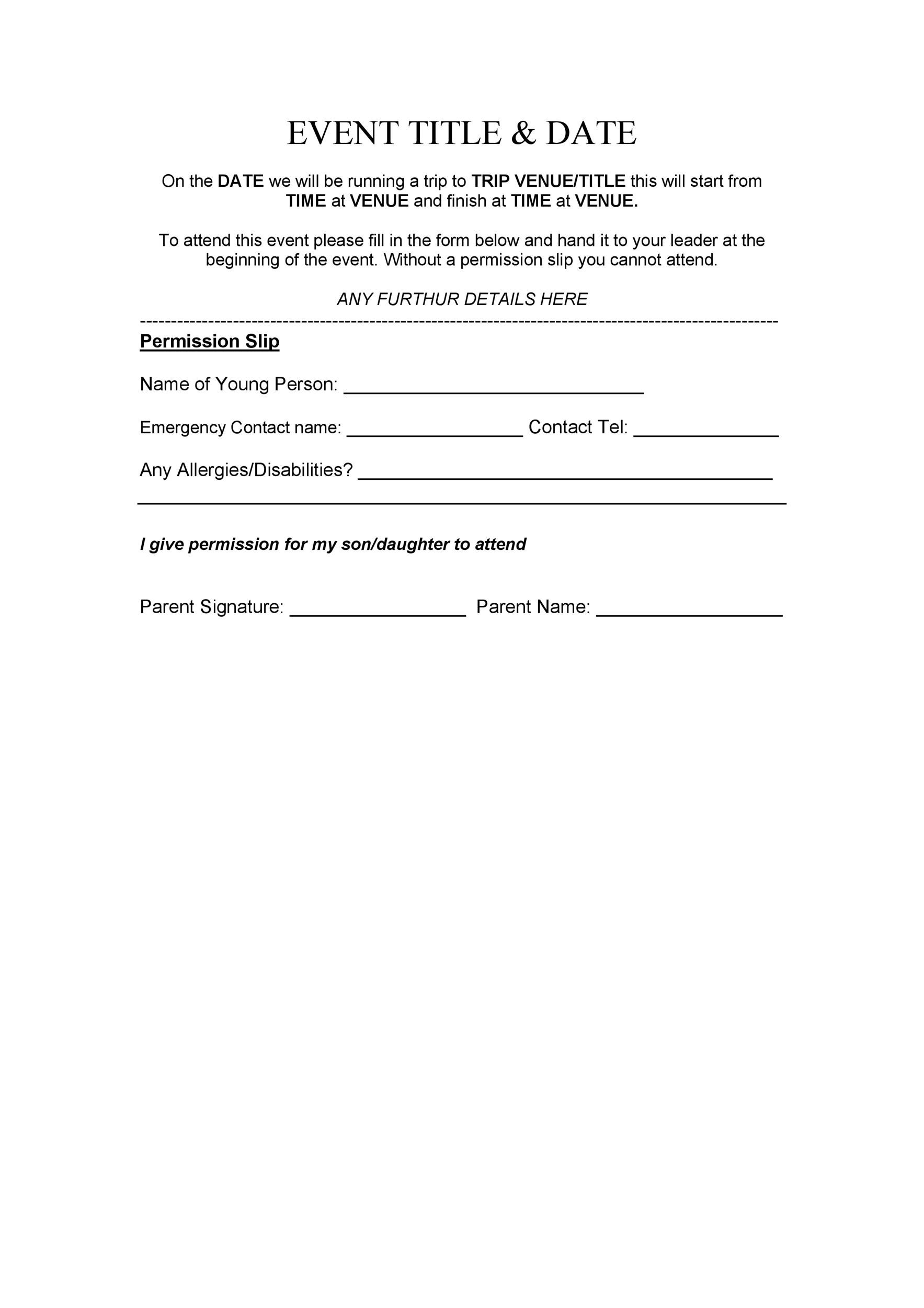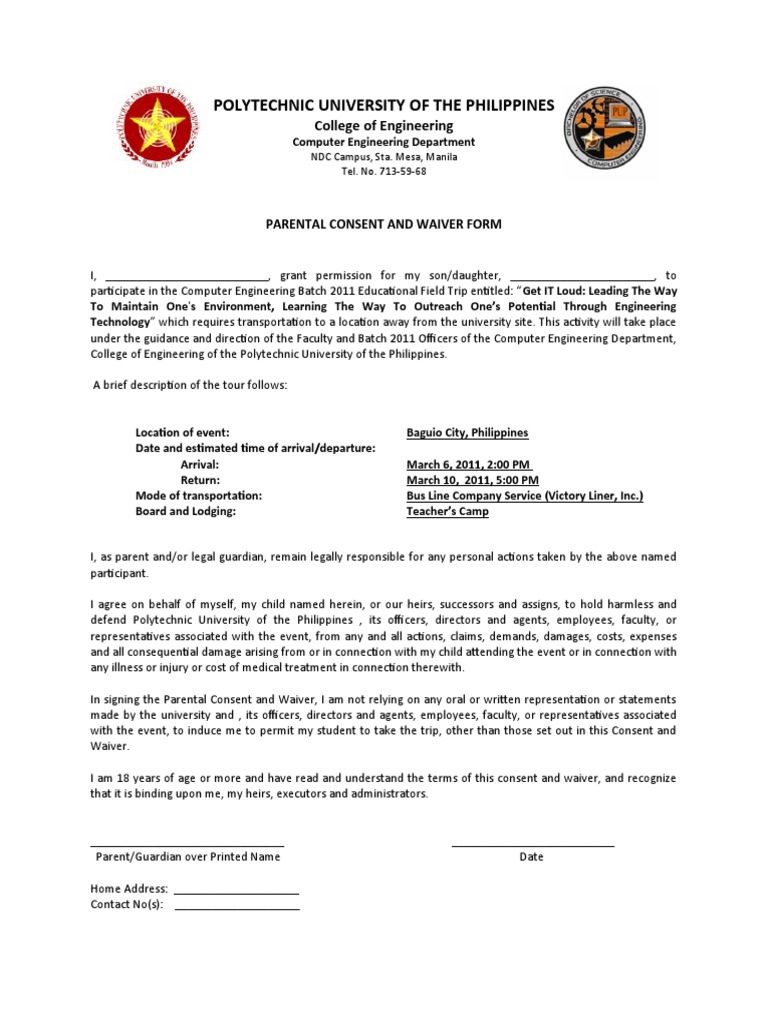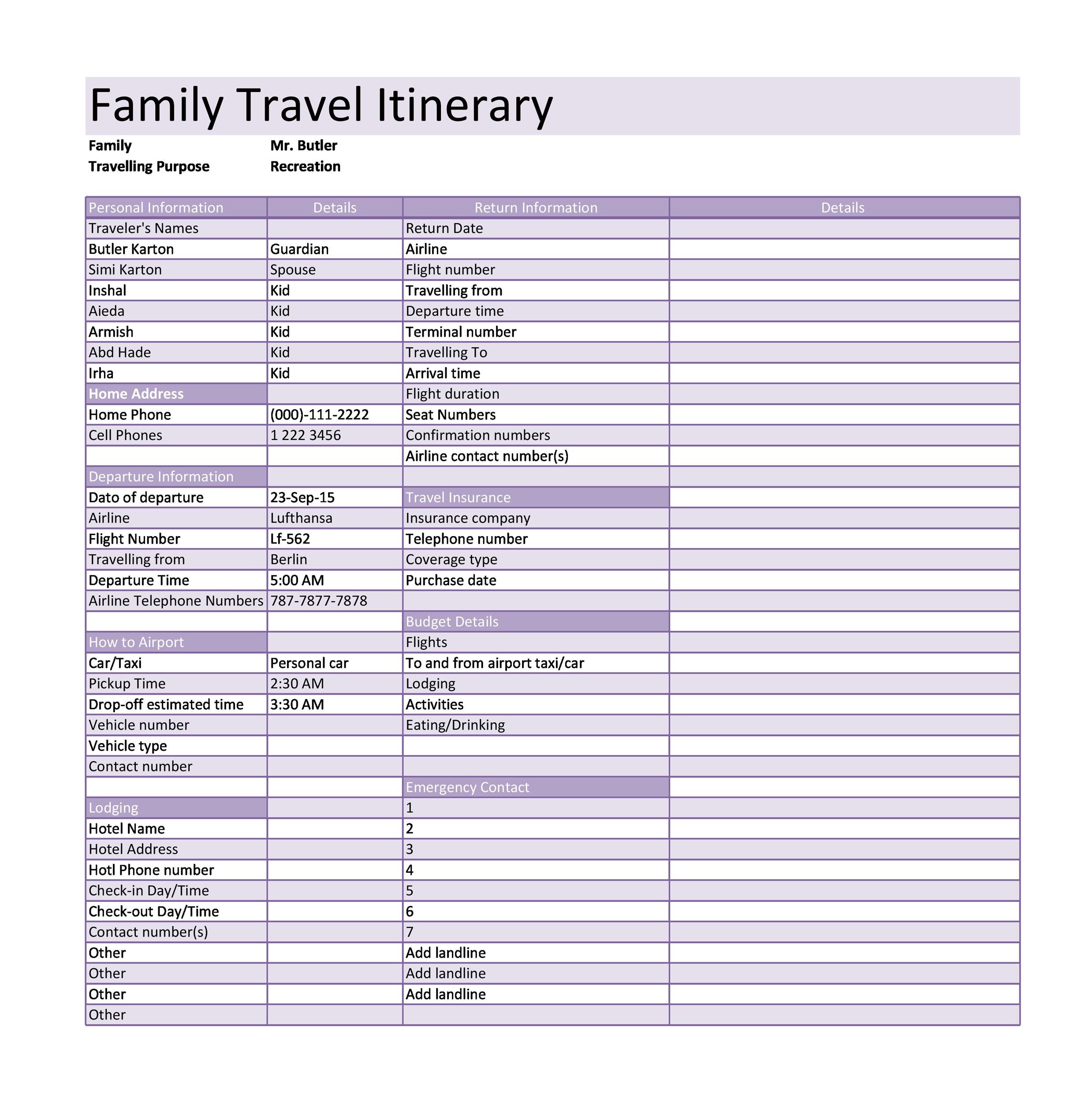
Field Trips are expensive. They require much time for preparation and planning. However, considering the intensity and the extent of concrete experiences that come through field trips, we are encouraged to use them Only, if there is no other less expensive but equally effective instructional tool. Preparation and planning for the field trip includes discussions and decisions on what to do before the field trip, during the field trip and after the field trip.
Community resources like historical and scenic spots, museums, zoos, botanical gardens, places, of exhibits can be destinations for field trips. Other community resources can be people themselves such as parents, senior citizens and other members of the community.
Planning a field trip includes these steps:
- Preliminary planning by the teacher
- Pre-planning with others going on the trip
- Taking the field trip itself
- Post-field trip follow up activities
* Pre-planning with others joining the trip
- Other people accompanying the group need to be oriented on the objectives, route, behavior standards required of everyone so they can help enforce these standards.
* Taking the field Trip
- Distribute route map of places to be observed
- Upon arriving at the destination, teacher should check the group and introduce the guide.
- Special effort should be made to ensure that:
- The trip keeps to the time schedule
- The students have the opportunity to obtain answers to questions
- The group participates courteously in the entire trip
- The guide sticks closely to the list of questions.
* Educational Benefits derived from a field trip
- Field trips can be fun and educational when they are well executed. They offer us a number of educational benefits:
- The acquisition of lasting concepts and change in attitudes are rooted on concrete and rich experiences which are fundamental to learning that lasts.
- Field trips bring us to the world beyond the classroom. The real world connection is more work but the benefits of broadening teaching beyond textbooks far outweigh the little bit of time it takes from a teacher’s schedule.
- Field trips have wide range of application. It is not meant only for children. It is for adults also.
- It can bring about a lot of realizations which may lead to changes in attitudes and insights. The field trip “ can nurture curiosity; build a zest for new experience and a sense of wonder.” ( dale, 1969)
*Pre planning with Others Joining the Field trip
Other people accompanying the group need to be oriented on the objectives, route, behaviour standards require of everyone so they can help enforce standards.
Taking the Field Trip
Distribute route map of places to be observed. Upon arriving at the destination, teacher should check the group and introduce the guide. Special effort should be made to ensure that:
The trip keeps to time schedule
The students have the opportunity courteously in the trip
The group participants courteously in the trip
The guide sticks closely to the list of questions
Permission slip
Refers to a document that a given school or organization sends home through the use of a student to a parent or guardian to obtain consent for the student to travel under the care of the school or the respective organization for a specific event or field trip.
 *Waiver
*Waiver
A Document recording The waiving of the right or claim

*Itinerary
An itinerary is your travel plan - where you will go and when you will be there


A Document recording The waiving of the right or claim

*Itinerary
An itinerary is your travel plan - where you will go and when you will be there

Evaluating Field Trip
- There are questions we can ask ourselves after the field trip to evaluate the field trip we just had.
Disadvantage of Field Trip
- These educational benefits can compensate for the drawbacks of field trips, some of which are:
- It is costly.
- It involves logistics.
- It is extravagant with time.
- It contains an element of uncertainty.
Community Resources
- A field trip may be visit to scenic spot or to a historical place. These can be persons and places in the community. Many of them can be resource speakers in their field of expertise.
- A dentist may be invited to talk to the children on how to care for their teeth.
- A journalist may serve as resource speaker on the parts of a newspaper and how to write an editorial
- A dynamic teacher will find a way to have a record of parents’ names, contact number, occupation, and other pertinent data she needs.
- A senior citizens a war veteran in the community may be invited to class for an interview on a topic of which he is expert, for example, his memories of World War II.
- A barangay captain may be asked on what the barangay intends to do to curb the rampant alcoholism among the youth in the community.
Field Trip
- As to places to visit, popular destinations are museums, zoos, botanical gardens, historical places, places of exhibits, scenic spot. Performances like a play, a concert and a dance presentation also form part of the community resources.
- Field trips are expensive. They require much time for preparation and planning.
- Preparation and planning for the field trip includes discussions and decisions on what to do before the field trip, during the field trip, and after the field trip.
The Field Trip:
A bridge of the school and the community
A bridge of the school and the community
Field trips abolish the “walls: that divide the classroom and the outside world
Field trips also connect people. All people involved in the field trip- students, teachers, parents, and school head- come together for joint planning.
Walang komento:
Mag-post ng isang Komento